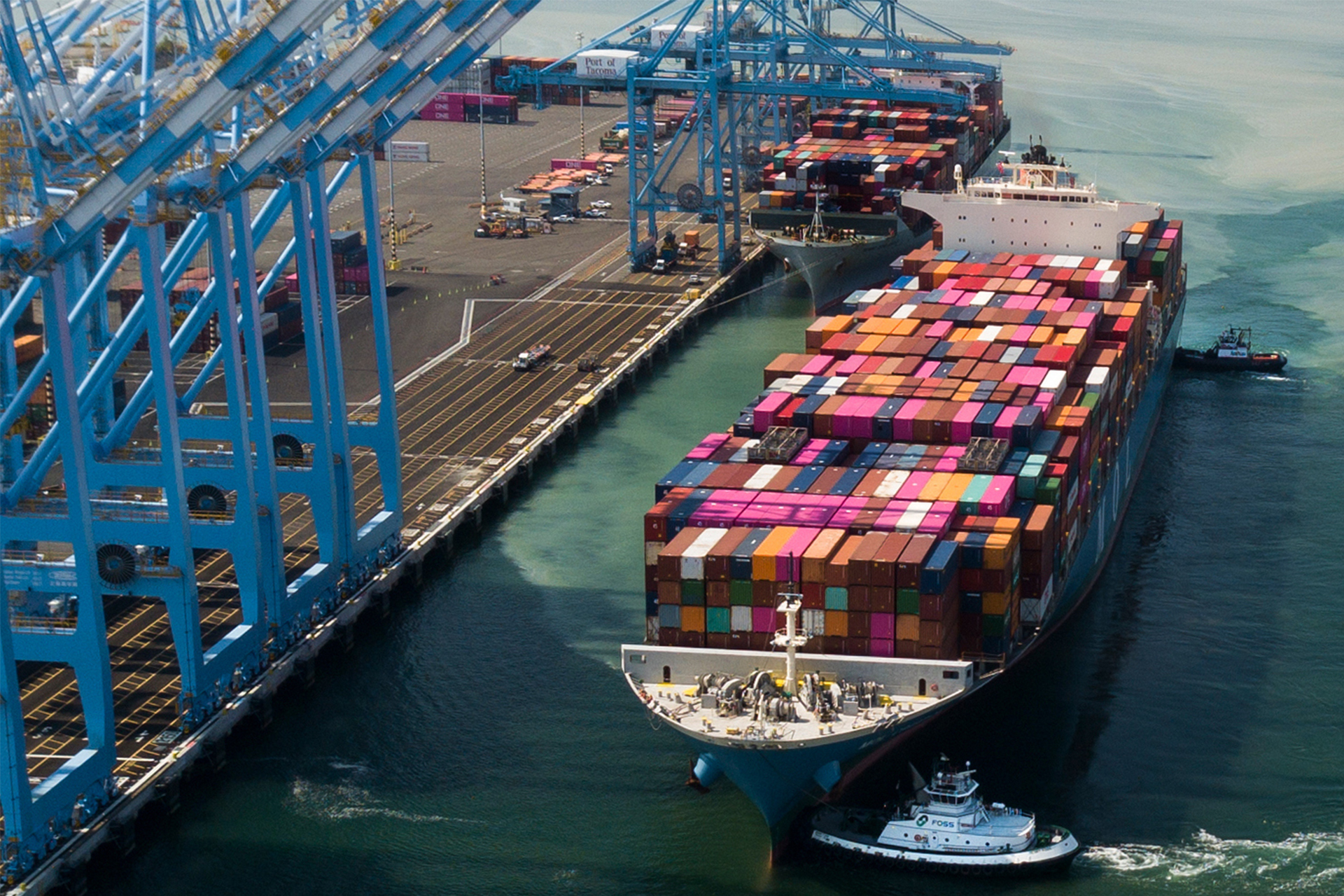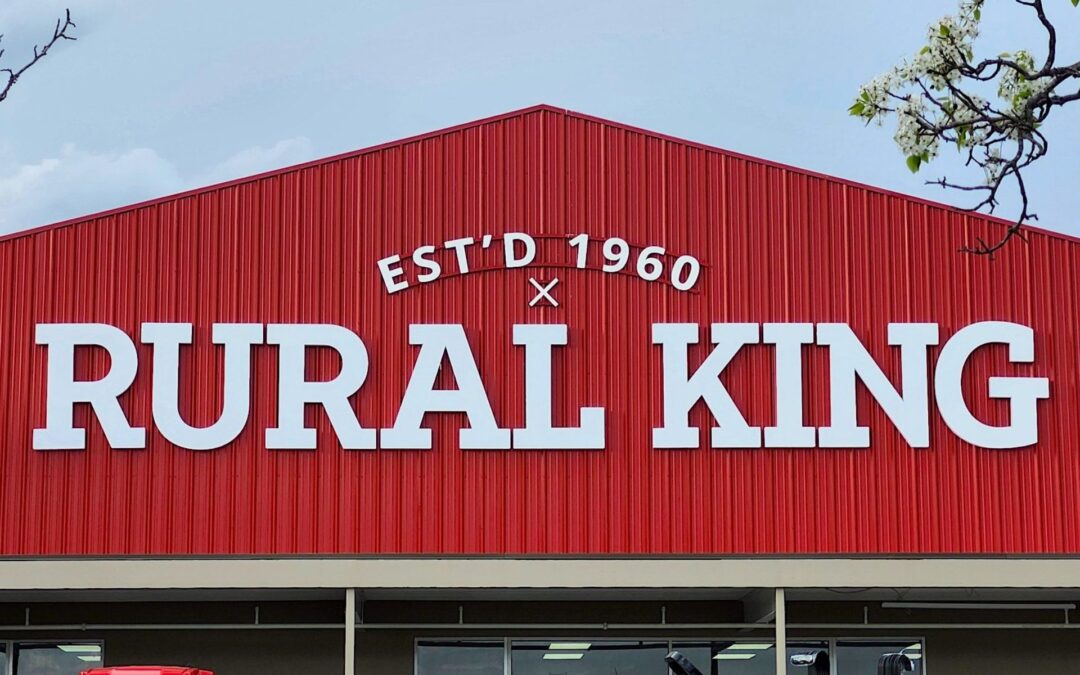Consumers in the United States could lose $31 billion in spending power if tariffs imposed by the United States are raised on common household products imported from China, according to a new report released today by the National Retail Federation.
The study, Estimated Impacts of Changes to China’s Tariff Status, examines how ending the country’s permanent normal trade relations trade status could impact the toy, furniture, apparel, household appliances and footwear. Some goods in those categories already are subject to tariffs other than the so-called Column 2 duties for countries lacking normal trade relations status with the U.S., which are the focus of the NRF report.
NRF warned U.S. policymakers are considering trade policy and practices, including the potential removal of the PNTR status China enjoys today, which assigns the country the same tariff rates applied to other U.S. trading partners. Eliminating PNTR status would subject imports from China, including finished goods and inputs to production, to significantly higher tariff rates.
Higher U.S. tariffs on imports from China resulting from the revocation of PNTR status, NRF asserted, would cost American consumers $31 billion, or $240 per household, in higher prices for widely used products. According to NRF, the prices of toys could increase by more than 21%, or $93 per household. The prices of other consumer goods could rise as well: for household appliances by almost 7%, or $40 per household; for shoes by almost 5%, or $15 per household; for furniture by 4% or $49 per household; and for apparel by almost 2%, or $40 per household.
Low-income households, which spend greater shares of their incomes on such products than do high-income households, would be hit the hardest, NRF maintained, adding that the potential cost increases could negatively impact efforts to lower inflation for households overall.
“Even though significant efforts have been made in recent years to diversify sourcing, China continues to play an important role in the supply chain of many retailers and other global industries, from sourcing raw materials to manufacturing and production,” said Jonathan Gold, NRF vice president, supply chain and customs policy. “It would be impossible for American families to escape the higher costs from dramatic tariff increases on necessities such as apparel, footwear, furniture, appliances and toys.”





